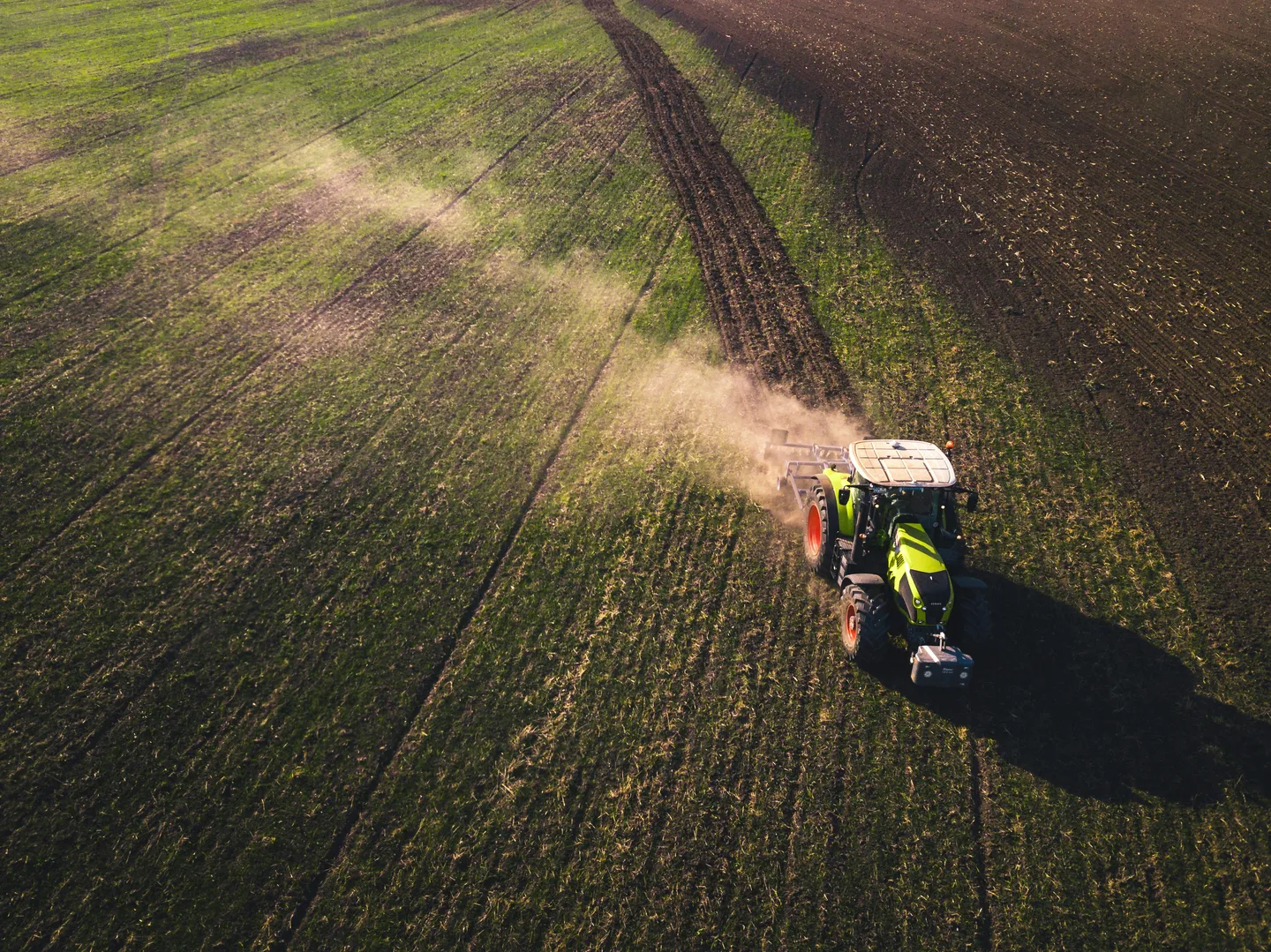Rural Crime on the Rise: Farm Equipment Theft Increases

Photo by Chris Ensminger on Unsplash
Paul Coates discovered thieves had stolen GPS units from two tractors at his Cumbrian farm two years ago. These guidance systems, worth nearly £30,000, are used to help vehicles cultivate soil, sow seed and spread fertiliser efficiently. Although the equipment was insured, the theft disrupted operations at his beef, sheep and arable business near Armathwaite.
In October 2023, thieves targeted his farm again. “It feels that somebody’s come into your space,” Coates told the BBC. “What gives them the right to come into our yard?”
NFU Mutual’s rural crime report found that the cost of GPS thefts increased by 137% between 2022 and 2023, indicating a significant trend affecting farmers across Britain.
Criminal Activity in Rural Areas
Dr. Kate Tudor, a criminologist at Durham University specializing in rural crime, has conducted research with individuals who commit these offenses. Her findings show that these are not simply random acts.
“These thieves are positively entrepreneurial,” Dr. Tudor explained to the BBC. She noted they respond to market demand and make calculated decisions.
Rural areas present what Tudor describes as a “high reward, low risk” environment - large areas with valuable equipment and fewer police officers. GPS units are particularly attractive targets as they are worth thousands of pounds and can be removed quickly.
Security Issues with Farm Equipment
Agricultural machinery often lacks the security features that are standard in road vehicles, despite representing similar financial investments.
“Security on some machines is really woeful,” Dr. Tudor told the BBC. “Some can be started by a universal key, some have no forms of immobilisation, and so this makes them really easy to steal.”
Tudor’s research indicates some manufacturers might indirectly benefit when equipment is stolen because farmers need to purchase replacements. This creates little incentive to improve security features.
Sam Durham, the National Farmers’ Union’s national policy lead on rural crime, shares this concern. “We think it’s about time that all these manufacturers started taking this security seriously and making sure that farm equipment is just as difficult to steal as vehicles that drive on the road,” he told the BBC.
The Agricultural Engineers’ Association (AEA), which represents farm equipment manufacturers, rejected the suggestion that companies profit from thefts. The association stated the industry is “actively addressing the problem” and noted that “over 75% of agricultural vehicles are already forensically marked.” Critics point out that marking helps with recovery but does little to prevent theft initially.
Government Response
The British government has taken steps to address rural crime. The Equipment Theft (Prevention) Act, passed in 2023, will require manufacturers to enhance security on all-terrain vehicles such as quad bikes through measures including immobilisers and forensic marking.
Implementation of this legislation remains incomplete. Secondary regulations, expected later this year, are needed to bring these rules into force.
The National Rural Crime Unit was established in 2023 to coordinate efforts between local police forces when dealing with criminal groups that operate across multiple regions. The Home Office has invested £365,000 in this unit to help “target serious organised crime groups” in rural areas.
Dr. Tudor and organizations including the NFU have called for increased funding to match the scale of rural crime. They argue that as criminal methods evolve, responses must be equally dynamic and well-resourced.
Impact on Farming Communities
Rural crime adds another challenge to farming operations already affected by weather uncertainties, market fluctuations, and regulatory changes. Equipment theft disrupts farm work schedules and production timelines.
Beyond financial losses, these crimes affect farmers psychologically. Many experience theft as a violation of spaces that represent both their livelihood and home.
Technology and Security Challenges
As farms adopt more technology, the potential targets for theft increase. Modern farming relies on expensive equipment including GPS units, drones, and automated systems. This technological advancement creates new security challenges.
Addressing these issues requires multiple approaches: better security features in equipment design, increased law enforcement presence in rural areas, improved coordination between police forces, and community vigilance networks.
Conclusion
Rural crime in Britain involves criminal enterprise, technological vulnerability, and government response. Farmers like Paul Coates hope that combined efforts from industry, law enforcement, and policymakers will reduce equipment theft and allow them to focus on agricultural production.
Until stronger protections are implemented, farm equipment remains vulnerable to theft, affecting not only individual farmers but potentially the broader agricultural system.
Source: This article draws information from reporting by the BBC, available at https://www.bbc.com/news/articles/cedy85n4g52o
